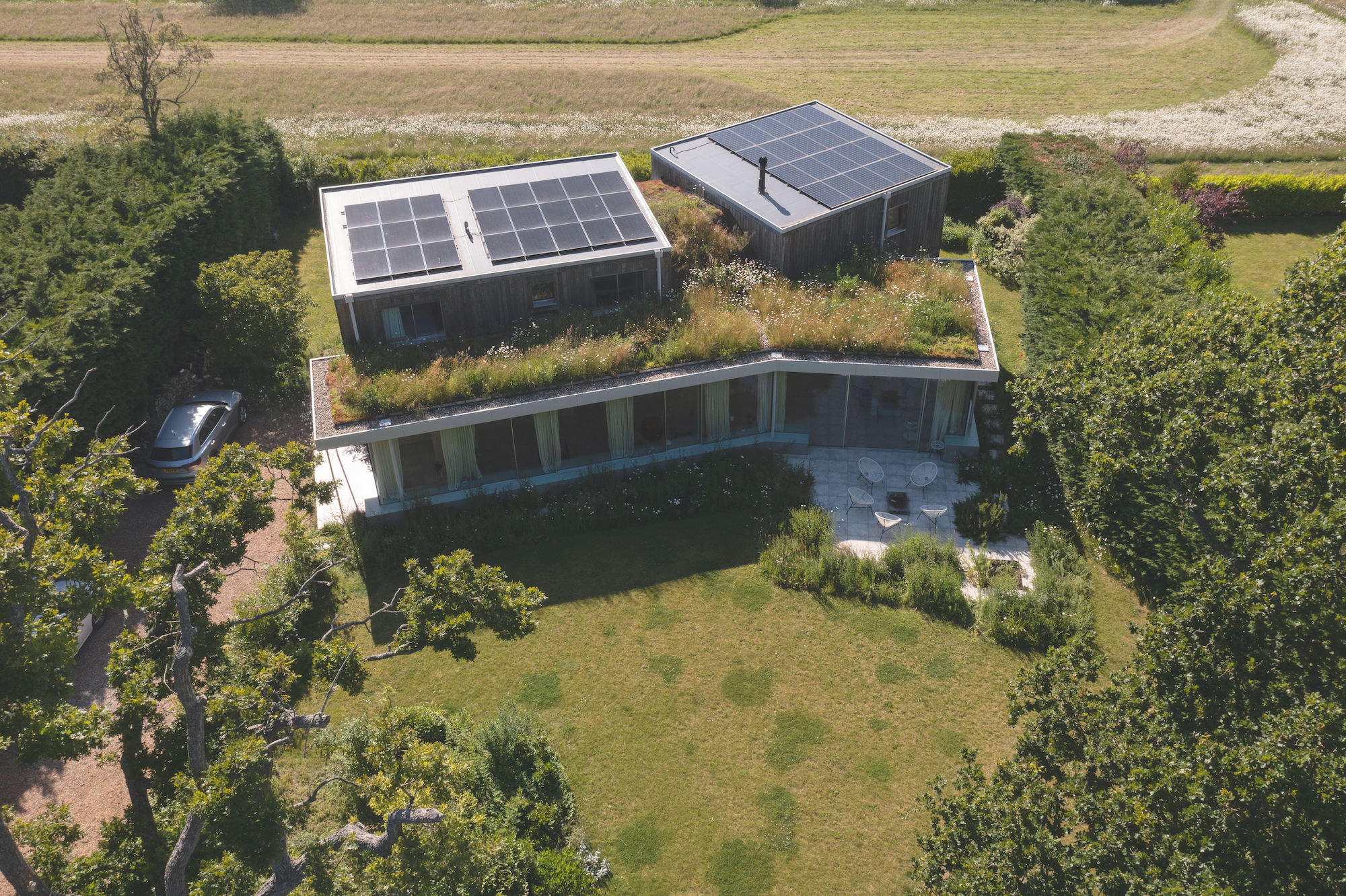The UK authorities has introduced that Nice British Power, the state-owned vitality firm, can be prohibited from utilizing photo voltaic panels linked to pressured labour practices in China’s Xinjiang area.
This resolution comes amid mounting strain from MPs, campaigners, and worldwide observers to make sure that the UK’s transition to renewable vitality doesn’t come at the price of human rights abuses.
Nonetheless, the choice has now raised issues over how the UK will keep adequate provide chains of photo voltaic panels to proceed the UK’s web zero transition.
GB Power’s moral stand in opposition to pressured labour
GB Power, established to spearhead the UK’s renewable vitality initiatives, has taken a agency stance in opposition to the usage of photo voltaic panels produced beneath unethical circumstances.
The corporate’s resolution to exclude merchandise linked to pressured labour in Xinjiang displays a dedication to moral sourcing and human rights. This transfer aligns with rising world issues about the usage of pressured labour within the manufacturing of polysilicon, a key part in photo voltaic PV panels, within the Xinjiang area.
Power Secretary Ed Miliband said: “Nice British Power can be an trade chief in creating provide chains freed from pressured labour because it propels us in our clear vitality superpower mission.”
Chris Hewett, Chief Govt of Photo voltaic Power UK, expressed confidence, stated: “Given progress in making certain that the UK provide chain is free from photo voltaic panels produced with uncooked supplies tainted by human rights abuses, we’re assured that there can be no slowdown in photo voltaic deployment.”
Carry your dream residence to life with professional recommendation, how you can guides and design inspiration. Join our e-newsletter and get two free tickets to a Homebuilding & Renovating Present close to you.
The modification to the Nice British Power Invoice ensures that the corporate’s investments in photo voltaic panel initiatives is not going to assist industries implicated in human rights abuses.
Political and public strain immediate coverage shift

The federal government’s resolution follows intense strain from throughout the political spectrum and human rights organisations. Beforehand, the Labour authorities had instructed MPs to reject an identical modification.
Nonetheless, the rising outcry over human rights violations in Xinjiang and the moral implications of sourcing photo voltaic panels from the area led to a reconsideration of the coverage.
Critics had warned that the UK’s reliance on photo voltaic panels produced in Xinjiang may undermine its dedication to human rights and moral practices.
Sarah Champion MP, Chair of the Worldwide Improvement Choose Committee, stated: “I’m gravely involved that with out adequate safeguards in place, we are going to run the danger of transitioning to web zero on the backs of these in slavery. We have to see clear intent that trendy slavery can not make up any a part of GB Power provide chains.”
Penny Mills, director of Devon CPRE, expressed issues about native councils’ lack of management over photo voltaic panel sourcing, added: “Three of the 4 councils we contacted both don’t have a clue what we’re speaking about or say they don’t have any powers to make sure photo voltaic panels are ethically sourced. The UK Authorities’s pledge to exclude suppliers complicit in systematic human rights violations is meaningless.”
The coverage shift has been welcomed by advocates for moral vitality sourcing, who see it as a vital step in the direction of making certain that the UK’s inexperienced transition doesn’t come on the expense of susceptible populations.
Challenges forward in moral sourcing
Whereas the choice marks a big step in the direction of moral sourcing, challenges stay in implementing the coverage.
China presently dominates the worldwide manufacturing of polysilicon, accounting for a considerable share of the market. This dominance raises issues in regards to the feasibility of sourcing photo voltaic panels solely free from hyperlinks to pressured labour while protecting the price of photo voltaic panels down.
Trade representatives have referred to as for the UK to take a management function in creating various provide chains and supporting home manufacturing of photo voltaic panel parts.
The federal government asserts that home and moral worldwide provide chains can meet demand, and strain is mounting on China to enhance labour requirements.
Because the UK continues its transition to renewable vitality, balancing moral concerns with environmental objectives stays a urgent problem.

